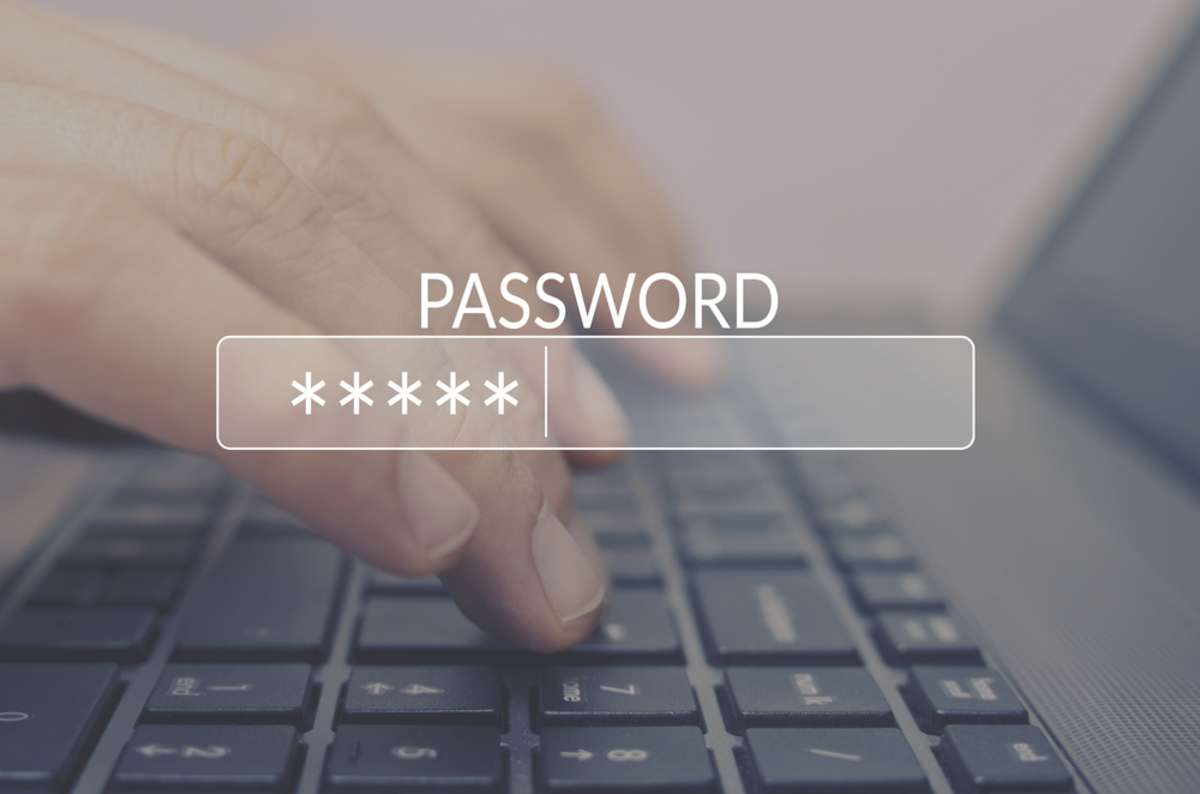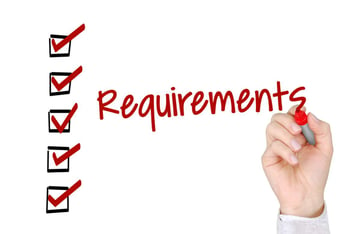How You and Your Remote Team Members Can Maintain Business Security
Many companies cite security concerns in building teams of remote workers. However beneficial as they may be, remote teams can sometimes be a risk to your company. At some point, you will have to grant these team members access to your company's data for them to work. If, for instance, your real estate virtual assistant works on managing your social platforms, then they'll need the passcodes to your accounts to complete their tasks.
However, remote work setups limit the familiarity between companies and virtual assistants. It's more challenging to get to know and trust team members you don't see in your office than to build trust with in-office employees.
The only way to mitigate the issue of data security when working with virtual assistants is to find ways of managing the risk. So, how do you do this? Here are some ways to manage your business security systems before working with a virtual assistant.
Establish Data Policies and Limit Access if Necessary
In protecting your data, you can set boundaries on how far your remote teams can go. When adding a new remote assistant to your team, make sure you have clearly-documented guidelines to supplement the policies, then review those policies with your new virtual assistants.
Since remote assistants use their own equipment, ensure they understand how to set up data-safety features to protect your data. In many cases, limiting access for VAs (depending on their role) is appropriate as you build trust with new team members. For example, you can always adjust access as a real estate virtual assistant grows in their role.
Apply a Password Manager
Most professional virtual assistants know to stay within limits when granted access to business security systems. However, real estate business owners should be cautious when allowing passwords and data access. 
Password managers like Last Pass can help limit a virtual assistant's access level to only the resources they need to complete their tasks. It also helps protect your company passwords by giving VAs a place to go to find the logins they need (without writing them down in other places).
Have Virtual Assistants Sign NDAs and NCCs
Privacy agreements can also go a long way in supplementing data security. Before choosing your real estate VA, have them sign non-disclosure agreements (NDAs). A non-disclosure agreement gives you legal support should a virtual assistant break security protocols.
In addition to NDAs, protecting your business from competitors is crucial. A non-compete clause (NCC) can help prevent VAs from disclosing company data to other companies or working for competitors after having access to your company's data.
Monitor Your Virtual Assistants
Establishing trust between you and your real estate virtual assistant can be challenging, but it's vital. However, through sufficient tracking and accountability practices, you'll develop the peace of mind and fine-tune areas where you might find issues.
While we're not suggesting "micromanaging" with a virtual assistant, real estate professionals should closely monitor business systems and beware of any potential breaches of protocol. Scheduling team meetings as follow-ups on data security is also essential, especially in a hybrid remote environment. These follow-ups can act as frequent reminders to the virtual assistant on your data security policies.
Backup Your Data
Losing your company data can be detrimental to your business operations. Consequently, it is vital to back up business data to drives that the virtual assistant cannot access unless in emergencies.
Often, cybercrimes result in breaches and data loss, making it hard for companies to bounce back if they haven't backed up their data. A new virtual assistant can erase your data on accident too. Keeping a secure copy of data stored in company systems in the unfortunate event of a cyberattack.
Enable Two-Step Verification
Many companies have embraced the data protection method of enabling two-step verification. While some may see it as a hassle, this is a vital measure that can help prevent unauthorized access to company systems.
Conduct Sufficient Background Checks
It can be challenging to learn enough about a potential virtual assistant through the review and selection process before allowing them access to your systems. However, thorough background checks on the candidates can help protect your business security systems.
We know that conducting screenings on workers outside of the U.S. can be difficult. If you're not sure how to conduct a criminal history on a candidate, work with a virtual assistant platform like VPM Solutions that provides access to a screening resource during the review process!
Protect Your Business Data When Working With Remote Team Members
Trusting your remote employees with sensitive data is crucial to building successful virtual teams! However, before allowing access to remote team members, follow the best practices we've outlined above and choose responsible VAs from trusted sources.
Not only can VPM Solutions help you find a quality real estate virtual assistant from a pool of the best talent, but we also deliver an integrated way for companies to conduct background checks through Hire Image LLC. Schedule a Demo today to get insights on how our system works, including our Company Accounts feature, can help you manage your team of real estate virtual assistants.




















